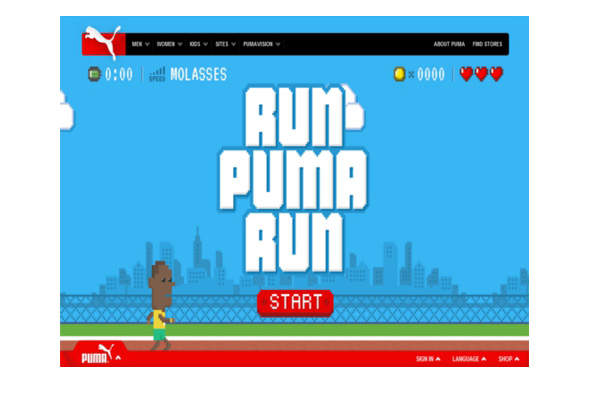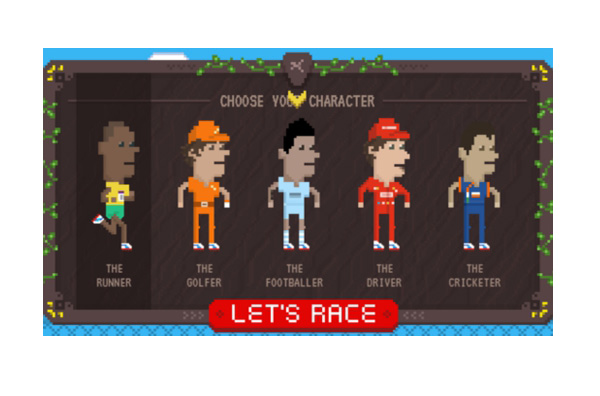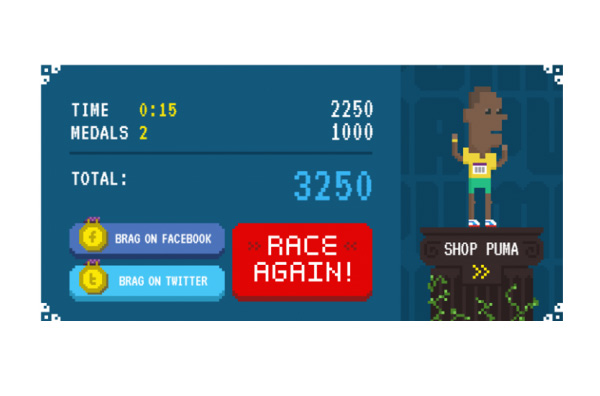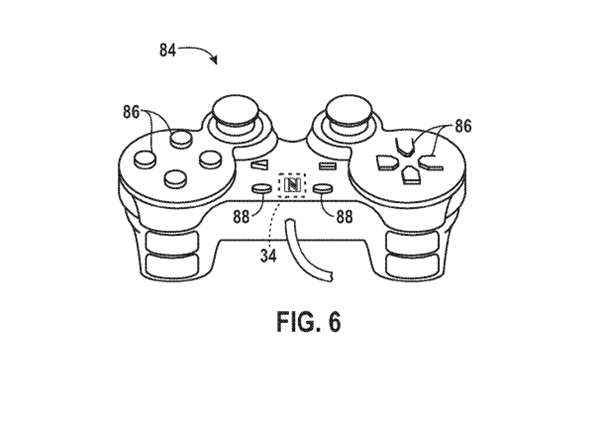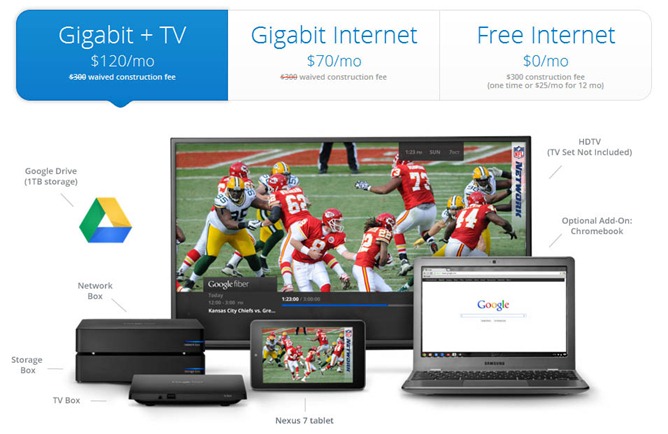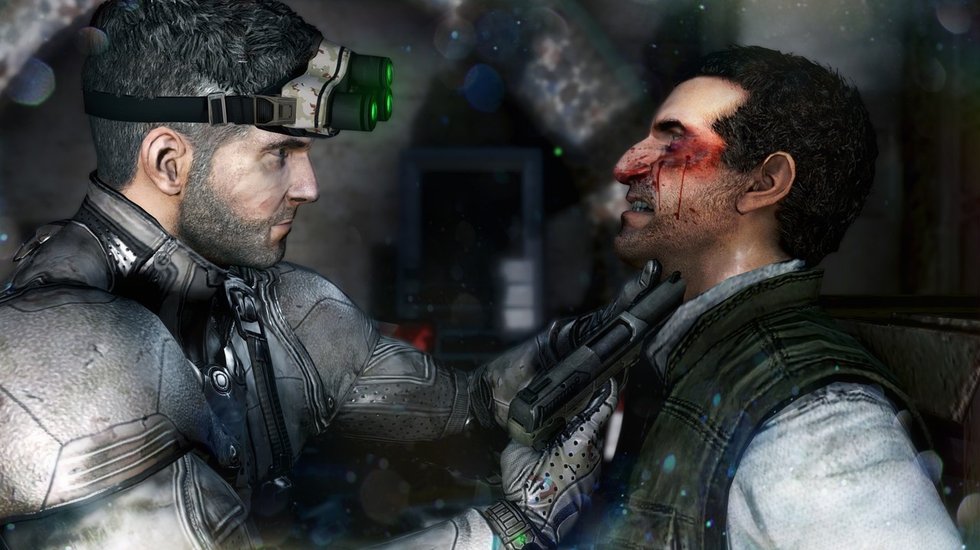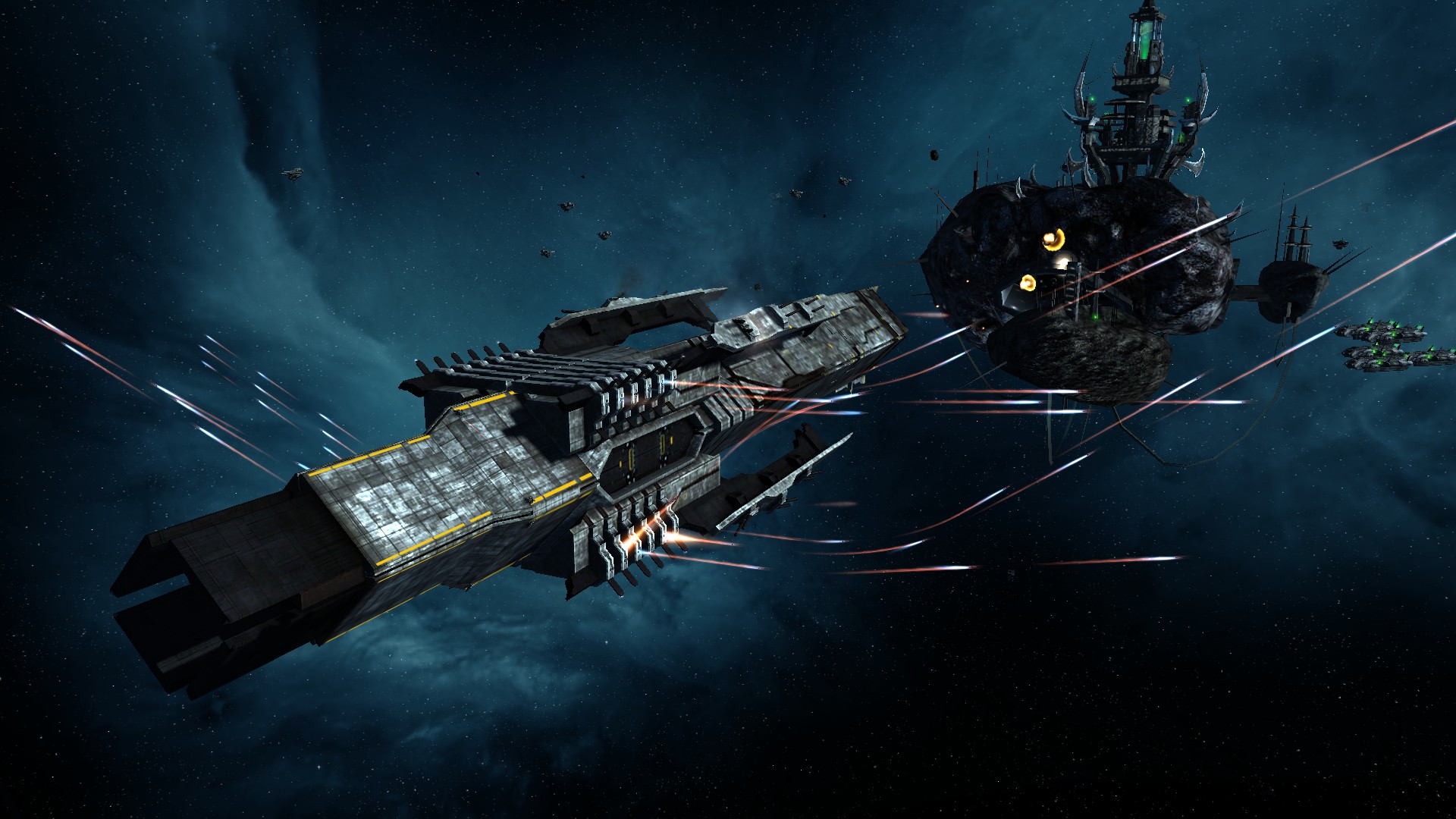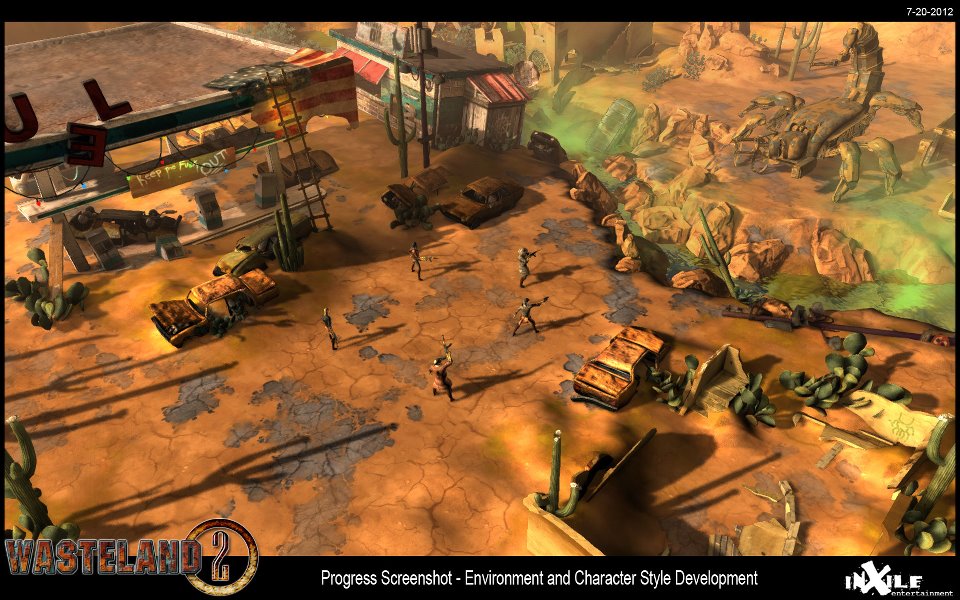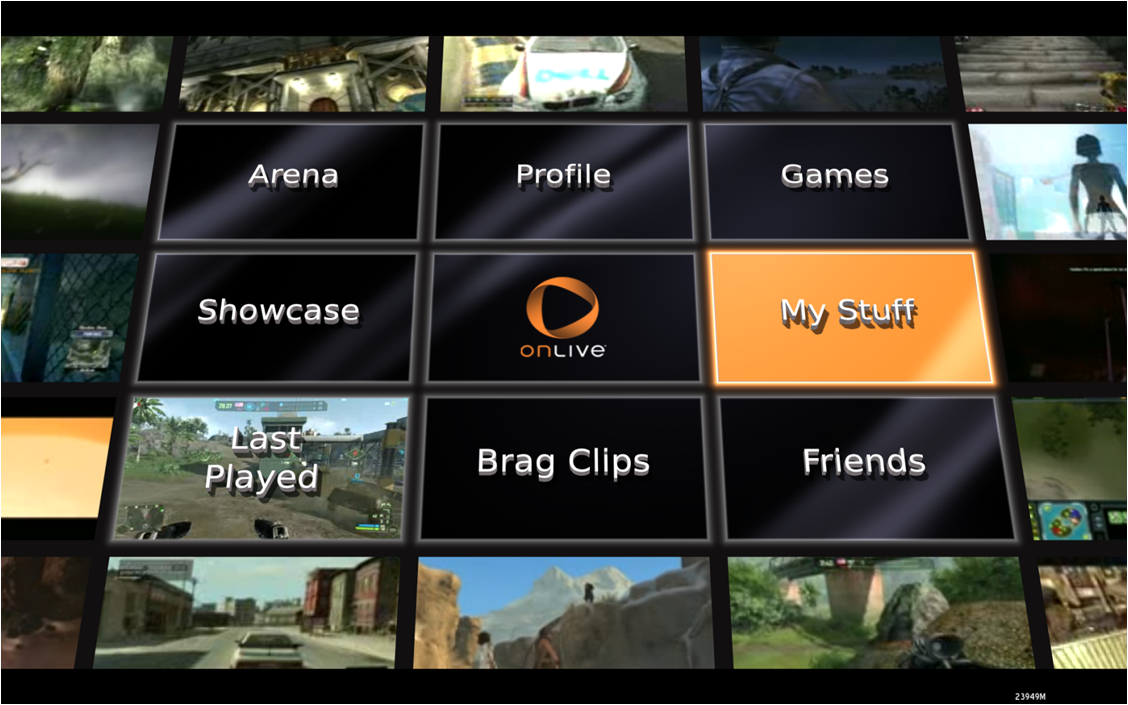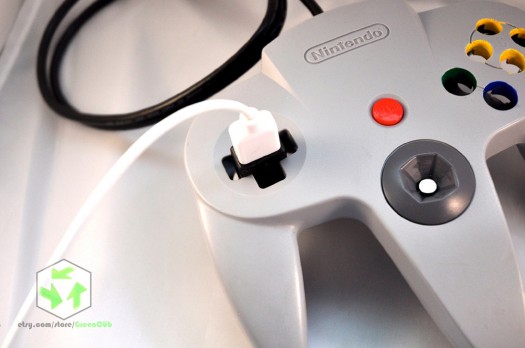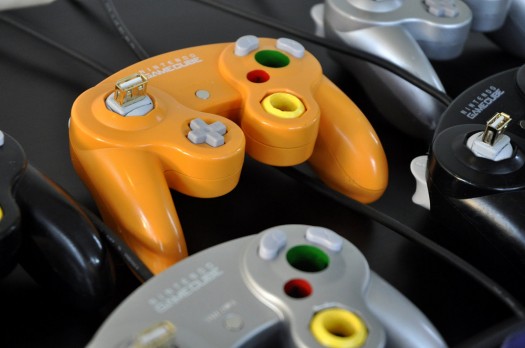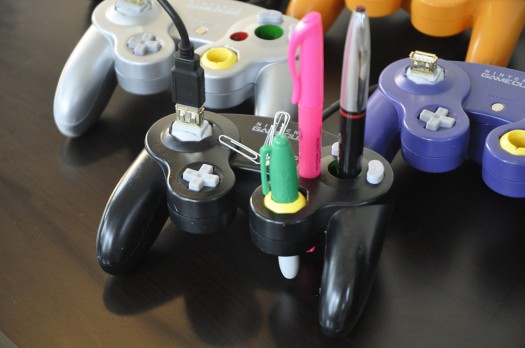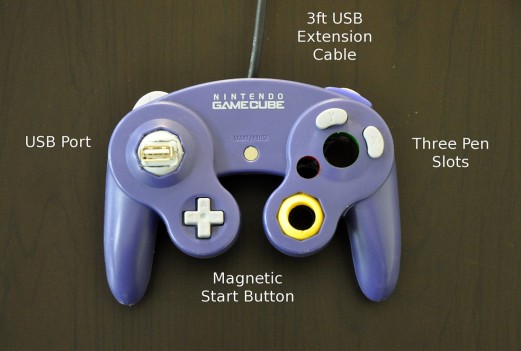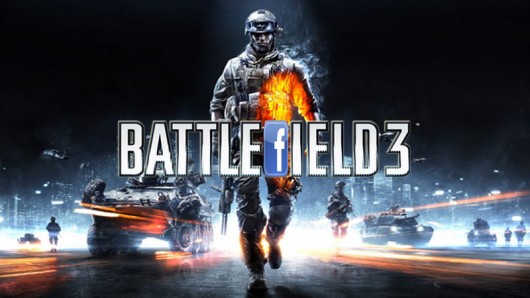The concept of publishers, generally seen as the gatekeepers to funding in the traditional gaming sphere, is becoming controversial to some people. This came to a point when Jussi Laakkonen, CEO of app discovery firm Applifier, said that the days of milestones and strict control over a developer were over.
“All you’re describing here is how [the publisher] comes in and asks you to open his wallet, and then gives you money,” Laakkonen said. “That does not happen anymore. That is the reality we are all living. A game is an idea. It is data driven. It needs a partnership that goes well beyond a publication date. This panel should be telling me about the new world of publishing.”
Laakkonen noted that publishers face disruption from cloud gaming, free-to-play games and crowd sourcing. To him, publishing must become a partnership with developers where they zero in on the analytics data and optimize the game so that it can generate the maximum amount of revenue for both companies.
“My question to you is: ‘What is publishing 2.0, and how do you make it happen ‘” closed Laakkonen .
“I think that was a brilliant question. It strikes at the heart of change in our industry,” said Jamil Moledina, a panelist and former publishing executive at Funzio and Electronic Arts. “How do we adapt our practices and see the world in a more expansive way ”
Even with a digital game, where there is no need for someone to make a physical product, publishers, platform owners, monetization firms, ad networks, analytics firms, providers of social layers, and app store operators have all emerged. What publishers can do is acquire more users for a game, balancing the interests of the developer and a middleman, asserts Moledina.
“They all want to take 30 percent,” said Si Shen, chief executive of Papaya Mobile. “After a few services take their cut, there is nothing left for the developer.”
Zynga has stepped into the role of a publisher, offering their servers and analytics and Activision is doing something similar with mobile games. Japan’s Gree and DeNA-Ngmoco have their own social mobile gaming platforms, designed to help users discover new games more efficiently.
For Eros Resmini, senior vice president of developer relations at Gree, he is careful to call the company a platform owner, focused on games – not a publisher. “There are certain expectations when you say you’re publishing a title,” Resmini said. “We’re very interested in partnering with our developers.”
Even platform holders like Apple, Google, Amazon, and Facebook are changing what they do as app store operators that are able to take on digital publishing functions. Even traditional game publishers are acknowledging that the world has changed.
“If we look at tradition, the publishing models have changed too,” said Adam Boyes, vice president of developer relations at Sony Computer Entertainment America. “This requires constant communication between developers and publishers. You’re absolutely right. The world is changing. If you don’t change, you’ll get left behind.”
Source: VentureBeat
